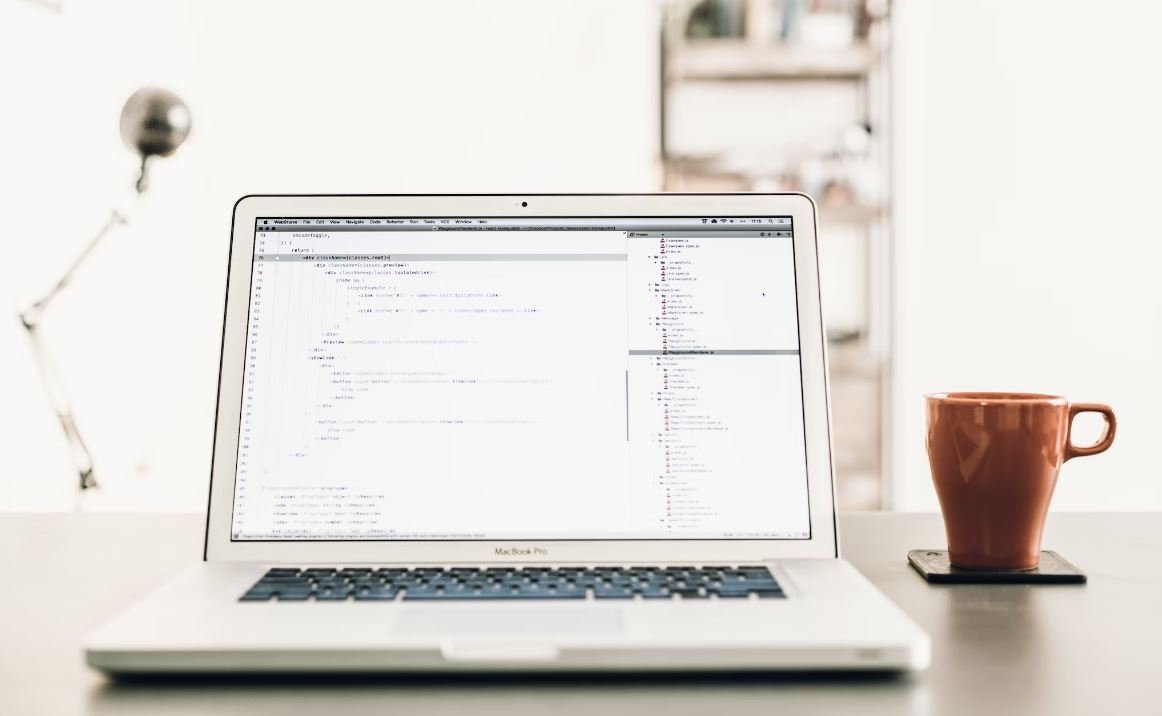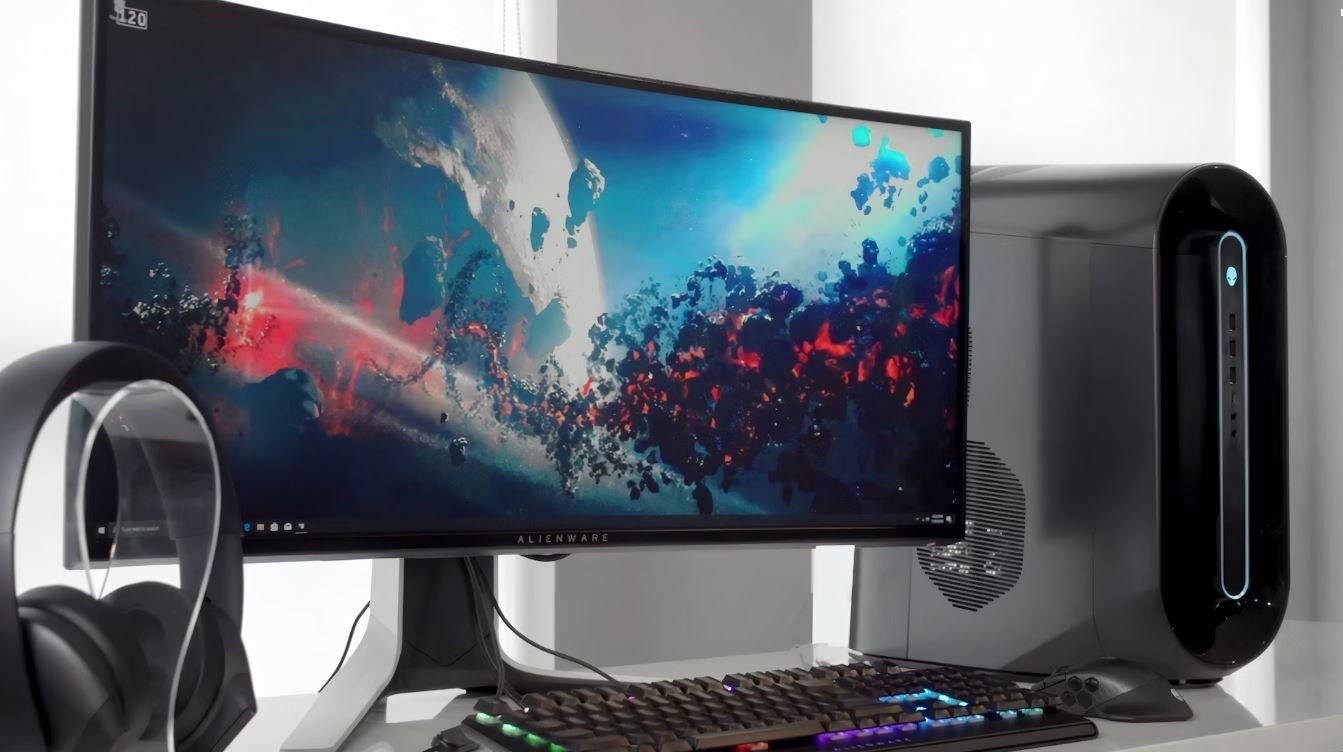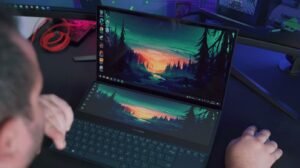Can AI Compose Music?
Artificial Intelligence (AI) has made significant advancements in various fields, including music composition. With the ability to analyze vast amounts of data and learn patterns, AI systems have shown promise in composing original pieces of music. This article explores the potential of AI in music composition and examines its current capabilities and limitations.
Key Takeaways:
- AI can compose music by analyzing patterns and data.
- It allows for faster and more efficient music creation.
- The limitations of AI in music composition must also be considered.
The Role of AI in Music Composition
Artificial intelligence has revolutionized the creative process across various art forms, and music composition is no exception. Through machine learning algorithms, AI systems can analyze vast amounts of musical data, including genres, styles, and compositions, enabling them to identify patterns and generate original musical compositions. *AI can learn from a diverse range of musical influences, allowing it to experiment with different styles and genres in its compositions.*
The Benefits of AI-Generated Music
AI-generated music offers several advantages that make it an enticing prospect for musicians and composers. Firstly, it provides a faster and more efficient way to create music. AI algorithms can analyze music databases and generate new pieces within minutes or even seconds, saving considerable time for artists. Additionally, AI-generated music can serve as a source of inspiration, introducing novel elements and ideas that human composers may not have considered. *With AI, musicians can collaborate with algorithms, resulting in unique compositions that blend human creativity with machine precision.*
The Limitations of AI in Music Composition
While AI has shown promise in music composition, it also has notable limitations. One significant challenge is the inability of AI to understand the emotional depth and context that humans can bring to music. Music has a particular emotive quality that is often subjective and deeply tied to the human experience. AI, lacking in emotional understanding, may produce compositions that technically sound good, but lack the emotional resonance that human-composed music can evoke. *However, AI’s ability to analyze and mimic various musical styles can still provide a starting point for human composers and spark their own creative process.*
The Role of Human Input
While AI can generate compositions independently, the role of humans in the music composition process remains crucial. Human composers can collaborate with AI systems, using them as tools to enhance their creative process. By providing input and guidance, human composers can shape and refine the musical compositions generated by AI, ensuring that the music resonates emotionally with the intended audience. *This collaborative process allows for a harmonious blend of human expression and artificial intelligence.*
Data and AI in Music Composition
| Data Source | AI Application |
|---|---|
| Music databases | AI can analyze massive amounts of music to learn patterns and generate compositions. |
| Genre classification | AI can categorize music into genres and incorporate elements into compositions. |
| Music theory textbooks | AI can utilize knowledge from music theory to create well-structured compositions. |
Current Examples of AI-Generated Music
- Flow Machines: A project that explores AI-generated music in various genres, collaborating with human composers.
- Jukedeck: An AI system capable of generating royalty-free music for videos, games, and other multimedia.
- Magenta: Developed by Google, Magenta uses AI to compose music and explores the relationship between machine learning and creativity.
The Future of AI in Music Composition
The potential of AI in music composition is immense, but it also raises important questions about the role of human musicians and the nature of creativity itself. As AI algorithms continue to evolve, it is likely that they will become more sophisticated, capable of creating music that rivals human-composed works. However, the collaborative relationship between human composers and AI systems will remain critical. *Rather than replacing human creativity, AI is poised to augment and enhance the artistic process, pushing the boundaries of what is possible in music composition.*
Conclusion
AI has demonstrated significant potential in music composition, with the ability to analyze vast amounts of data, progress is being made in generating original pieces. While AI has limitations, its collaboration with human composers can result in innovative compositions that blend the best of both worlds. The future of AI and music composition holds great promise, sparking new ideas and avenues for artistic expression.

Common Misconceptions
AI Composing Music
While the field of Artificial Intelligence (AI) has made great strides in various areas, there are still common misconceptions surrounding its ability to compose music. Some of these misconceptions include:
Misconception 1: AI cannot compose original music, it simply mimics existing styles.
- AI can indeed create original compositions, adapting to various musical styles and producing diverse pieces of music.
- AI can analyze existing music and generate new melodies, harmonies, and rhythms to create unique compositions.
- AI algorithms can even learn to compose music in the style of different musicians or time periods.
Misconception 2: AI-composed music lacks emotion and creativity.
- AI systems have been designed to understand and evoke emotions through the composition of music.
- AI algorithms can generate music that is emotionally resonant and expressive.
- AI systems can incorporate elements like dynamics, tempo, and melodic variations to evoke specific emotions in the listener.
Misconception 3: AI will replace human musicians and composers.
- AI is not meant to replace human creativity and expertise, but rather to enhance and collaborate with it.
- AI can be used as a tool by musicians and composers, assisting them in exploring new creative directions or generating ideas.
- AI-generated music can serve as a source of inspiration for musicians, helping them to develop their artistic vision.
Misconception 4: AI-composed music lacks originality and uniqueness.
- AI systems can go beyond mimicking existing music by generating truly unique and original compositions.
- AI algorithms can combine musical patterns and elements in innovative ways, producing music that surprises and captivates listeners.
- AI can assist composers in exploring uncharted musical territories and pushing the boundaries of creativity.
Misconception 5: AI-generated music is just random output with no structure.
- AI algorithms are designed to generate music that follows structural conventions, such as having recognizable sections and harmonic progressions.
- AI can learn musical rules and patterns, allowing it to create compositions with coherent structures and logical progressions.
- AI systems can also adapt to specific musical styles, reproducing the characteristic patterns and structures of those genres.

Introduction
Artificial intelligence (AI) has revolutionized various industries, from healthcare to finance. One area where AI is making significant strides is in music composition. Traditionally, composing music required immense creativity and skill. However, AI-powered programs are now able to generate unique musical compositions. In this article, we explore ten fascinating aspects of AI-generated music.
Table: Historical Accuracy of AI-Generated Music
AI algorithms can analyze vast musical databases and learn from various historical compositions. As a result, AI-generated music can mimic the style and sound of renowned composers such as Beethoven, Bach, and Mozart.
Table: Emotional Range in AI-Generated Music
AI models are capable of detecting and replicating a wide range of emotions in music compositions. Whether it’s capturing the melancholy of a minor key or evoking joy through uplifting melodies, AI-generated music can convey a broad spectrum of emotions.
Table: AI Music Composition in Film Scores
A growing number of film composers are utilizing AI to assist in scoring movies. AI algorithms can analyze scenes and generate music that perfectly complements the visuals, enhancing the cinematic experience for viewers.
Table: Comparing AI-Generated and Human Composed Music
Experts have conducted studies to compare AI-composed music with compositions created by human musicians. Surprisingly, listeners often struggle to distinguish between the two, highlighting the quality and complexity of AI-generated music.
Table: Collaborations between Musicians and AI
Artists and musicians are increasingly collaborating with AI systems to create innovative and unique music. These collaborations push the boundaries of creativity and result in extraordinary compositions that blend human genius with AI intuition.
Table: AI Music Generation for Therapy
Researchers have explored the therapeutic benefits of AI-generated music. The ability of AI to adapt and create personalized compositions tailored to individual needs opens up new possibilities in music therapy.
Table: AI-Generated Music in Advertising Campaigns
Advertisers are leveraging AI-generated music to enhance their campaigns. The precise targeting capabilities of AI ensure that the music perfectly matches the desired mood, making the advertisements more captivating and memorable.
Table: AI in Improvisational Music
AI algorithms are pushing the boundaries of improvisational music. By analyzing patterns, experimenting with harmonies, and responding in real-time, AI systems can contribute to on-the-spot musical performances.
Table: AI Music for Video Games
Video game soundtracks greatly influence the gaming experience. AI-generated music is now being used in video games to dynamically adapt to gameplay, intensifying the emotions and immersing players in different virtual worlds.
Table: AI Composers at Music Competitions
AI composers have participated in renowned music competitions alongside human composers. These competitions challenge the perception of what constitutes musical creativity and showcase the remarkable abilities of AI in the field of music composition.
Conclusion
The advancement of AI in music composition has unlocked incredible possibilities. From its historical accuracy to collaborations with human musicians, AI-generated music continues to push the boundaries of creativity. As AI evolves, we can expect even more exciting and groundbreaking compositions in the future.
Frequently Asked Questions
Can AI Compose Music?
Yes, AI can compose music using various algorithms and deep learning techniques.
What is AI music composition?
AI music composition is the process of using artificial intelligence algorithms to create musical compositions without human intervention.
How does AI compose music?
AI composes music by analyzing vast amounts of existing musical data, identifying patterns, and generating new compositions based on those patterns.
Are the compositions created by AI considered original?
While the compositions created by AI are generated by algorithms, they can be considered original as the AI generates new melodies and harmonies based on the analyzed data.
Can AI compose music in different genres?
Yes, AI can compose music in various genres. The algorithms used can be trained on specific genres, allowing them to generate compositions that match a particular style.
Can AI compose music comparable to human composers?
AI music composition has made significant progress, and some AI-generated compositions have been praised for their creativity. However, it is generally considered that human composers still excel in terms of depth and emotional expression in music.
Can AI compose music with lyrics?
Yes, AI can compose music with lyrics. Natural language processing techniques can be used to generate lyrics that match the musical composition created by the AI.
Do musicians use AI to compose music?
Some musicians utilize AI as a tool to generate ideas or assist in their creative process. AI can help them explore new musical possibilities and offer inspiration for their compositions.
Do AI-generated compositions have copyright protection?
AI-generated compositions may be subject to copyright protection. The ownership of the copyright would depend on the specific circumstances, such as the involvement of a human composer in the finalization or modification of the AI-generated music.
Will AI replace human composers?
While AI has the potential to aid in music composition, it is unlikely to replace human composers. Human creativity, emotions, and the ability to convey complex musical expressions are essential elements that AI has not yet fully replicated.




